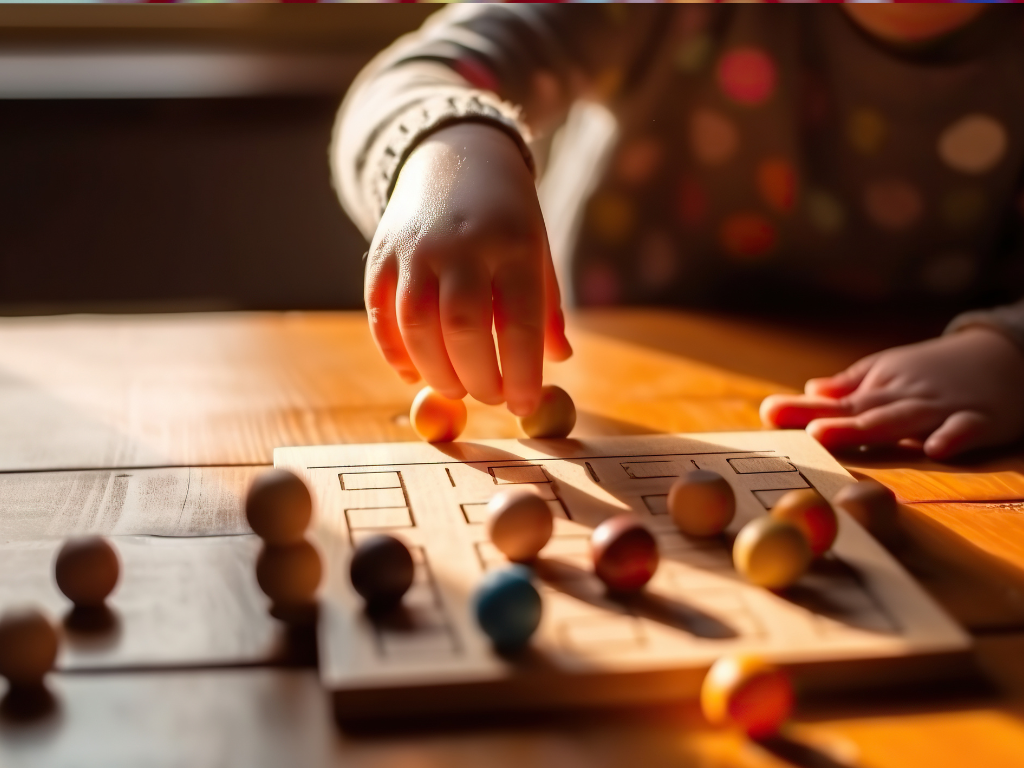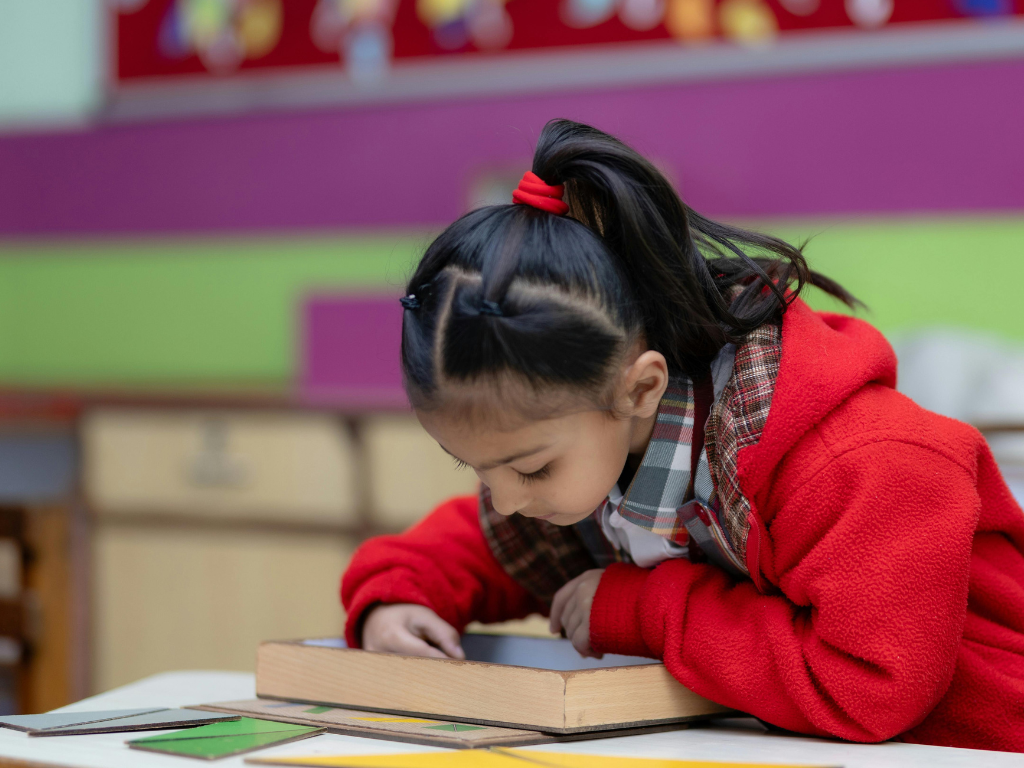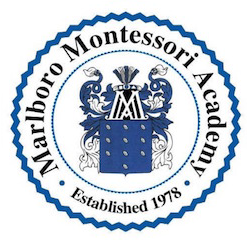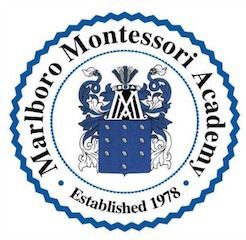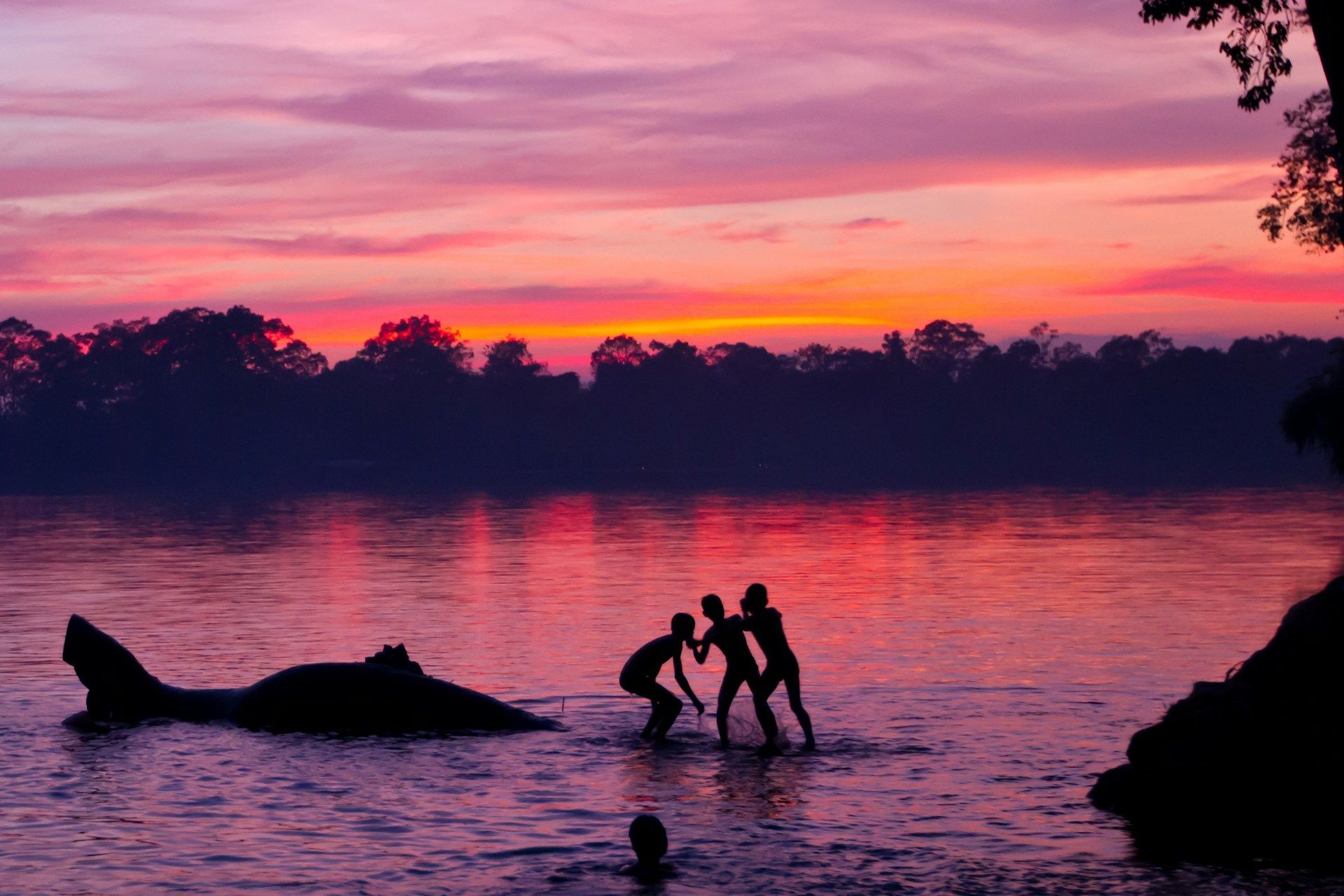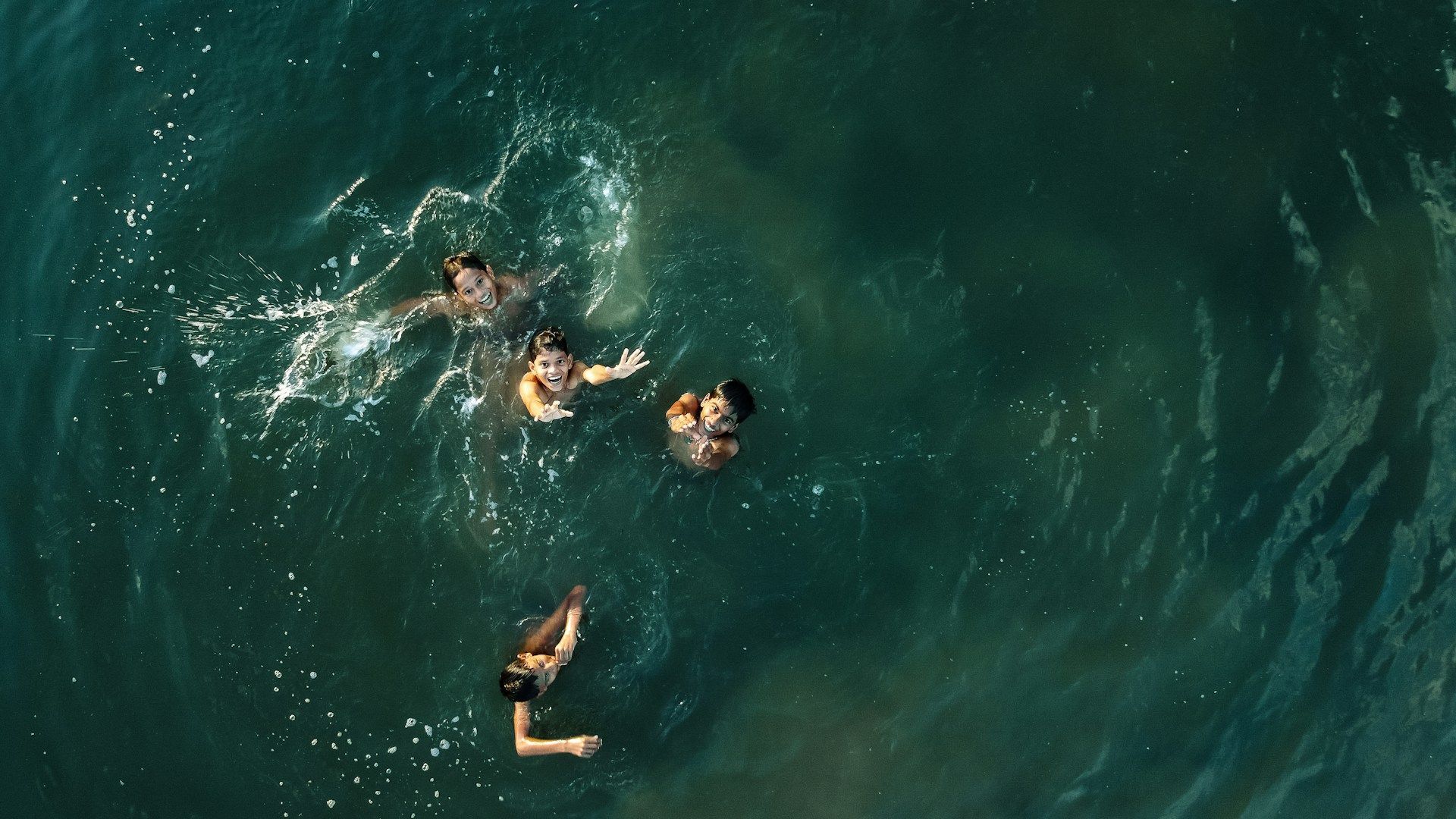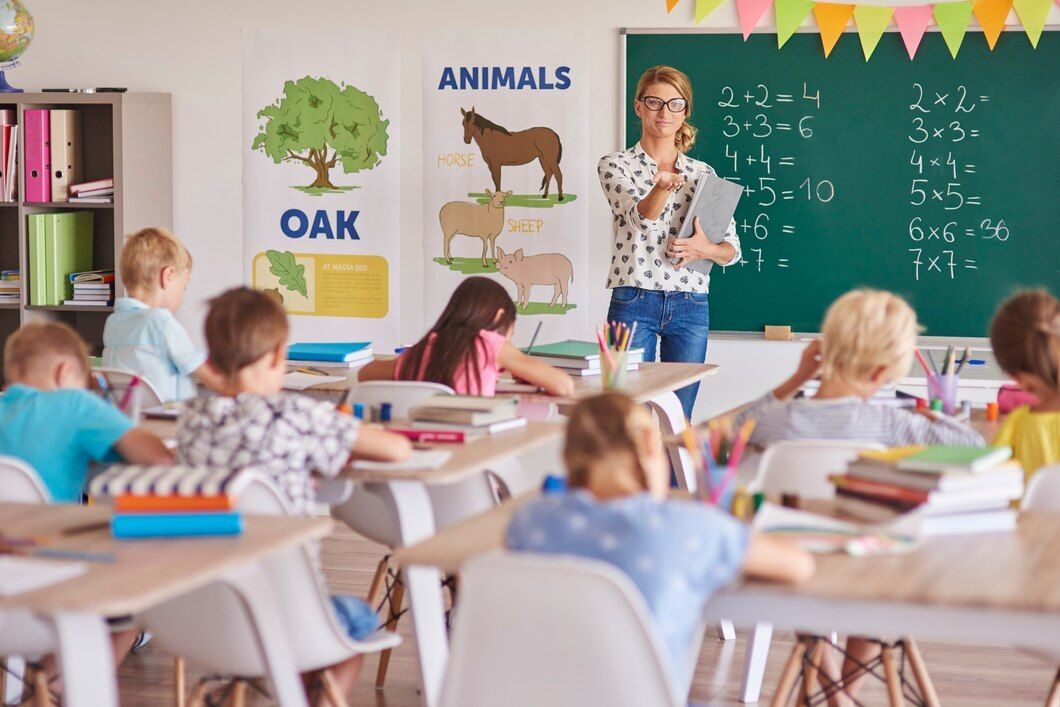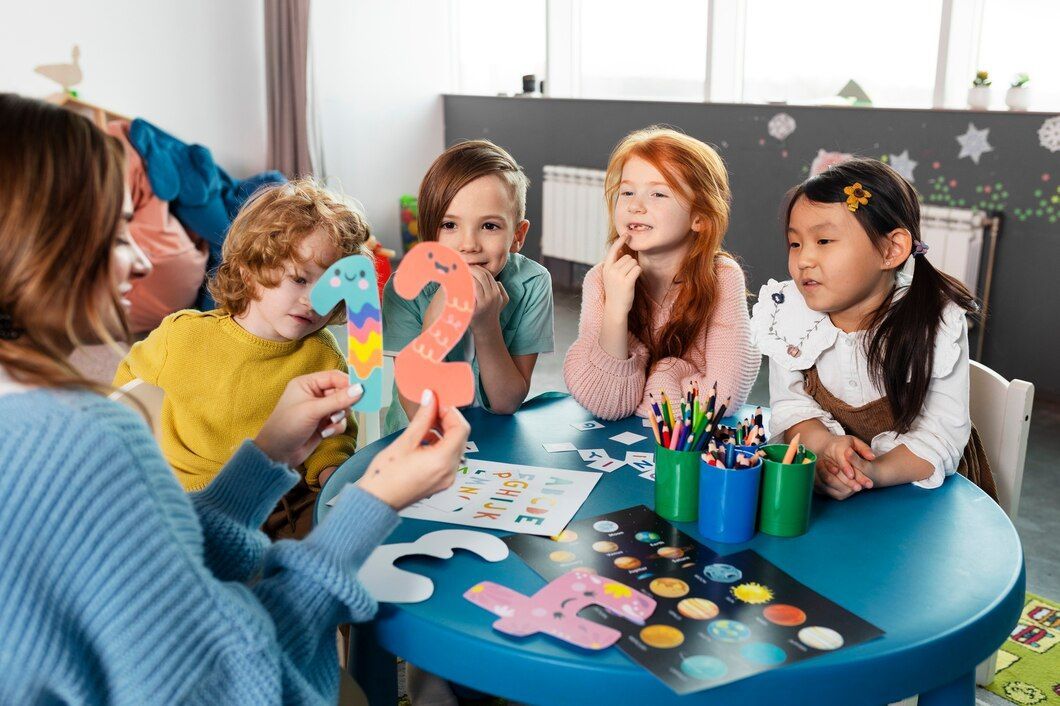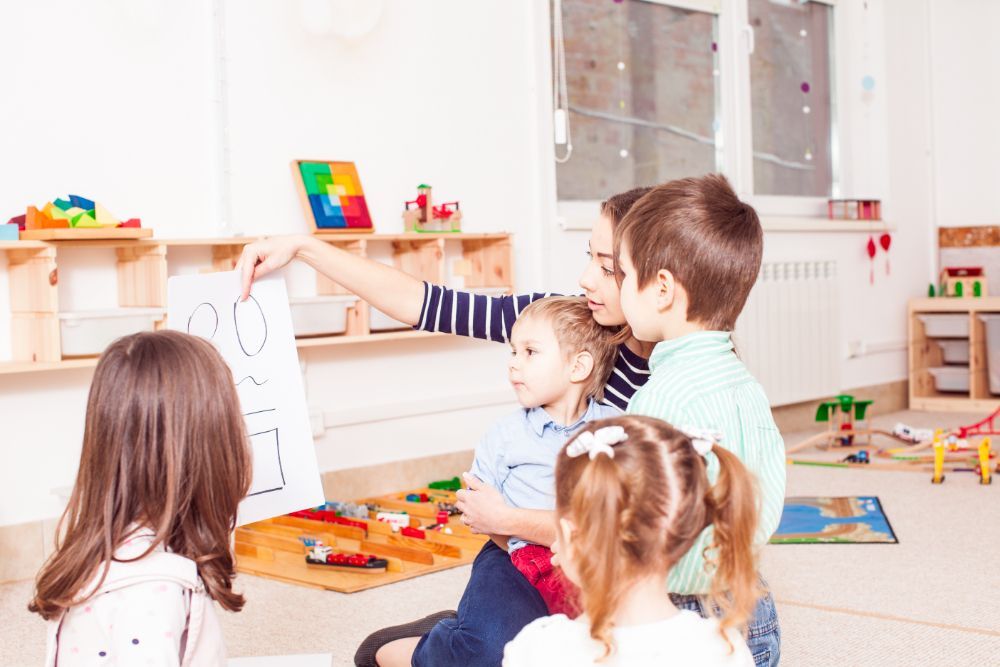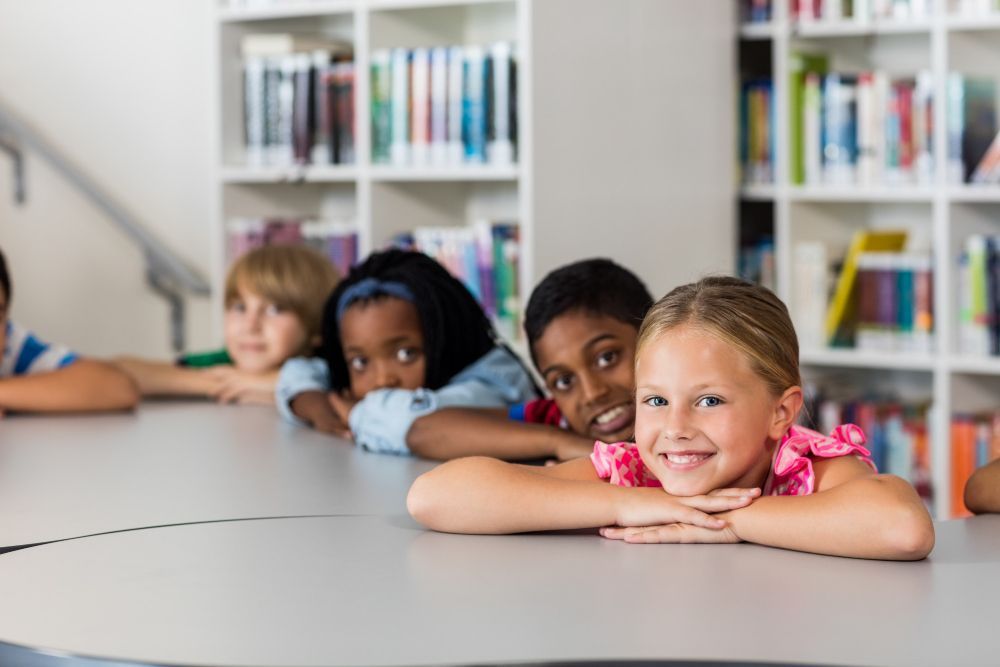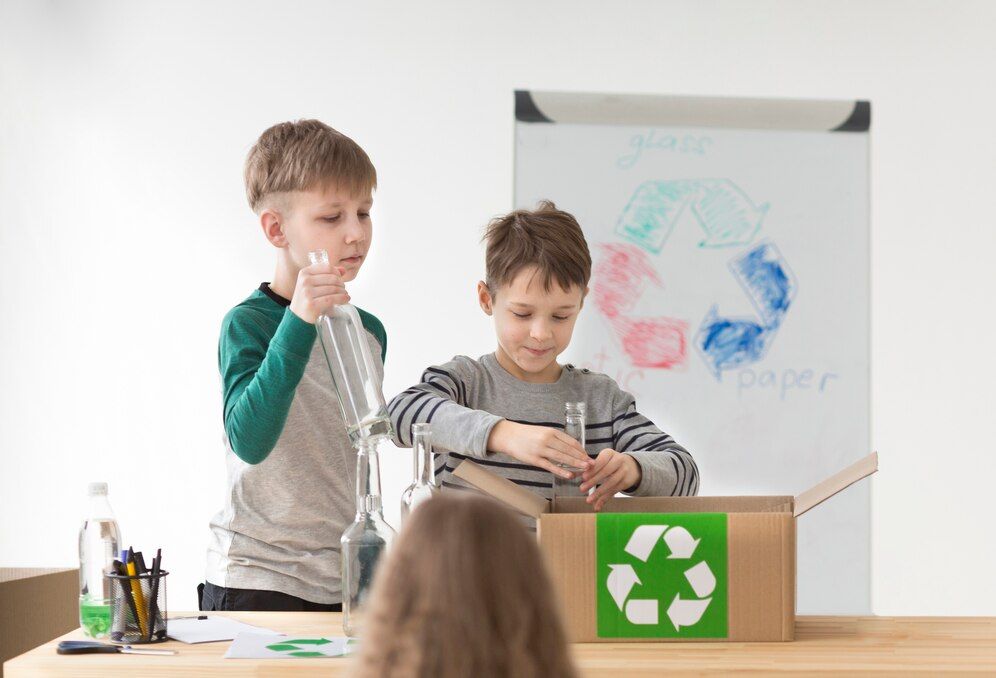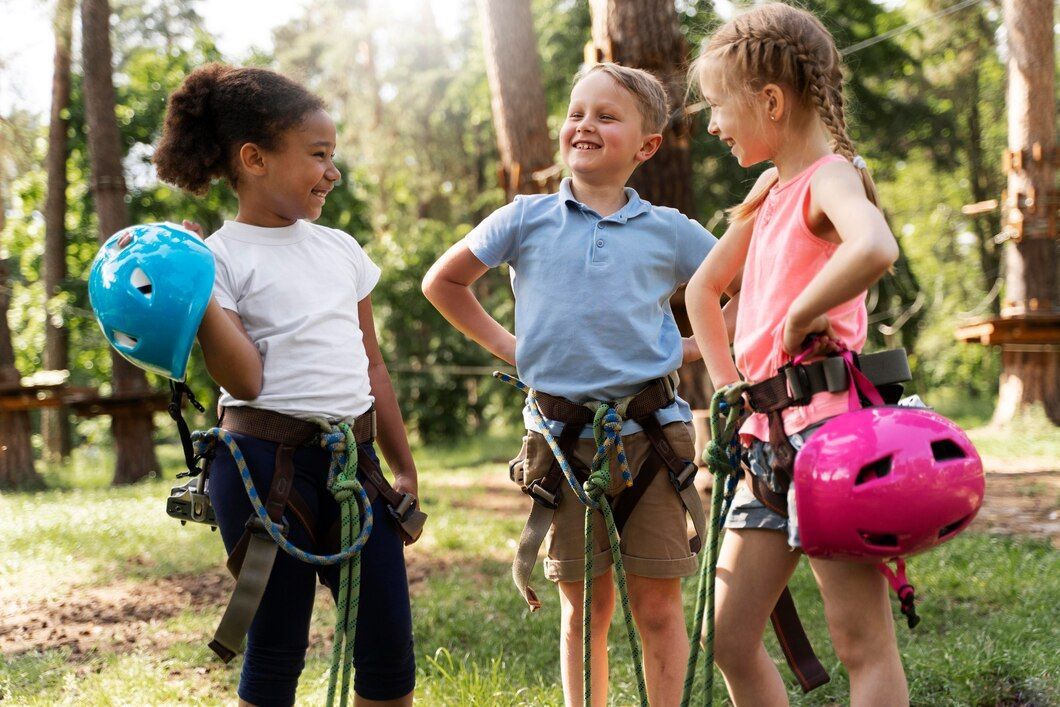Embracing the Montessori Peace Curriculum for a Better World
As the world becomes increasingly interconnected and complex, it's never been more important to equip young learners with the values, attitudes, and skills they need to navigate life as responsible, empathetic global citizens. The Montessori Peace Curriculum, an inherent thread in the fabric of Montessori education practiced at Marlboro Montessori Academy, is dedicated to fostering such capacities. By nurturing a deep respect for themselves, others, and the planet, children experience an ever-present undercurrent of peace and harmony that permeates all aspects of their learning.
The Montessori Peace Curriculum focuses on creating a generation of peacemakers by instilling vital social and emotional coping skills, promoting cultural understanding, and advocating for global harmony. By modeling peaceful interactions, encouraging empathy, and teaching conflict resolution strategies, educators imbue children with valuable tools to contribute towards a world filled with tolerance and collaborative spirit.
Through this blog post, we invite you to delve into the heart of Montessori Peace Curriculum, exploring its guiding principles, goals, and the various activities that foster peace and goodwill among children. Experience the unique fusion of education and social responsibility through a blend of practical exercises and meaningful discussions, which showcase the transformative potential of the Montessori philosophy.
Join us on this enlightening journey and learn how the Montessori Peace Curriculum can inspire change within your child and the world around them, cultivating a more compassionate and united global community for generations to come.
Guiding Principles of the Montessori Peace Curriculum
Understanding the foundational principles that underpin the Montessori Peace Curriculum allows us to appreciate its profound potential in shaping the hearts and minds of young learners. These guiding beliefs form the cornerstone of Montessori education while serving as a bridge between academic learning and social-emotional development.
1. Montessori's Vision of Peaceful Education
Maria Montessori, the pioneering educator behind the Montessori method, envisioned a pedagogy rooted in respect, understanding, and compassion. She believed that by fostering an education that emphasized connection, empathy, and responsibility, society could transform itself into a community of peacemakers, committed to harmonious global citizenship.
2. Education as a Path to Peace
Within the Montessori philosophy, education serves as the means to create a better world, both for today's students and future generations. By equipping children with the tools they need to construct a foundation of understanding, respect, and goodwill, education becomes a powerful catalyst for long-lasting social transformation.
3. Peaceful Communities Begin with the Individual
The Montessori Peace Curriculum underscores the importance of promoting peace within each child, recognizing that personal change must precede external transformation. By first nurturing self-awareness, respect, and inner harmony, children learn to extend these sentiments outward, fostering relationships founded on empathy and understanding.
Strategies for Promoting Peace in the Montessori Classroom
A primary goal of the Montessori Peace Curriculum is to create an environment that allows children to experience, practice, and internalize the principles of harmony and collaboration. Implementing several key strategies, educators at Marlboro Montessori Academy create a classroom that nurtures peace through both practical experiences and nuanced learning.
1. Modeling Peaceful Behavior
Teachers play a pivotal role in promoting peace by modeling peaceful behavior and setting a positive example for children to follow. Through their calm demeanor, attentive listening, and respectful interactions, educators demonstrate the foundations of peaceful communication and cooperation.
2. Encouraging Emotional Expression and Empathy
Cultivating an environment where children feel comfortable expressing their emotions and empathizing with others is crucial in the Montessori Peace Curriculum. Through activities such as role-playing, storytelling and group discussions, children develop a deeper understanding of their own emotions and learn to acknowledge and respect the feelings of others.
3. Practicing Conflict Resolution
Managing conflict is an integral component of the Montessori Peace Curriculum. By offering students structured opportunities to explore conflict resolution strategies, educators empower them to address disputes peacefully and constructively. Techniques often include role-playing scenarios, using "I" statements when expressing feelings, and finding win-win solutions that satisfy all parties involved.
4. Celebrating Diversity and Cultures
Cultural appreciation is a significant aspect of the Montessori Peace Curriculum. Students are exposed to diverse traditions, customs, and languages through activities such as cultural celebrations, studying world art and music, and cooking traditional dishes. This multicultural curriculum encourages respect for diversity and fosters a genuine curiosity about the world's various cultures.
The Impact of Montessori Peace Curriculum on Children and the World
The reverberating echoes of Montessori's Peace Curriculum extend far beyond the domains of an individual Montessori classroom. This holistic educational approach has lasting implications on the lives of the children it impacts and the global community at large.
1. Personal Growth and Emotional Intelligence
Montessori Peace Curriculum cultivates an environment in which children develop the emotional intelligence and self-awareness needed to navigate social situations with grace and empathy. This personal growth translates into stronger friendships, family relationships, and overall emotional well-being.
2. Social Connection and Tolerance
By emphasizing inclusivity, cultural understanding, and peaceful conflict resolution, the Montessori Peace Curriculum equips students to live full and enriched lives as contributing members of a global society. These valuable skills are essential for understanding differences and fostering unity among various communities.
3. A Lifelong Passion for Social Justice and Harmony
Childhood experiences within a Montessori Peace Curriculum can ignite a passion for social justice and global harmony. This passion may continue to fuel students in their pursuits as adults committed to creating a better world, whether through volunteerism, advocacy, or professional endeavors.
Embrace the Montessori Peace Curriculum for a Brighter Future
Choosing a Montessori education for your child has the transformative potential to create a better world for us all. At Marlboro Montessori Academy, our unwavering dedication to the Montessori Peace Curriculum fosters an environment where children flourish as global citizens, equipped with the empathy, understanding, and responsibility necessary to champion peace and unity.
By embracing the
Montessori Peace Curriculum, you invest not only in your child's future but in the world they will inherit, cultivating a culture of harmony, respect, and compassion for generations to come. Enroll your child at Marlboro Montessori Academy today and let them experience the transformative power of a Montessori education.
